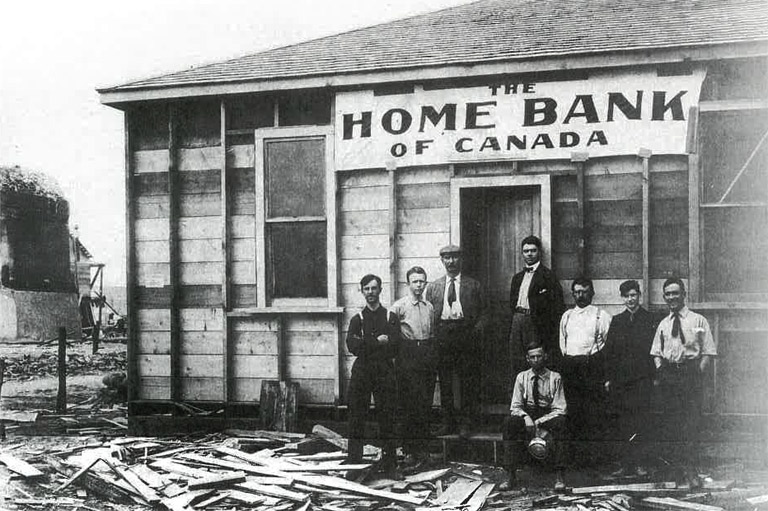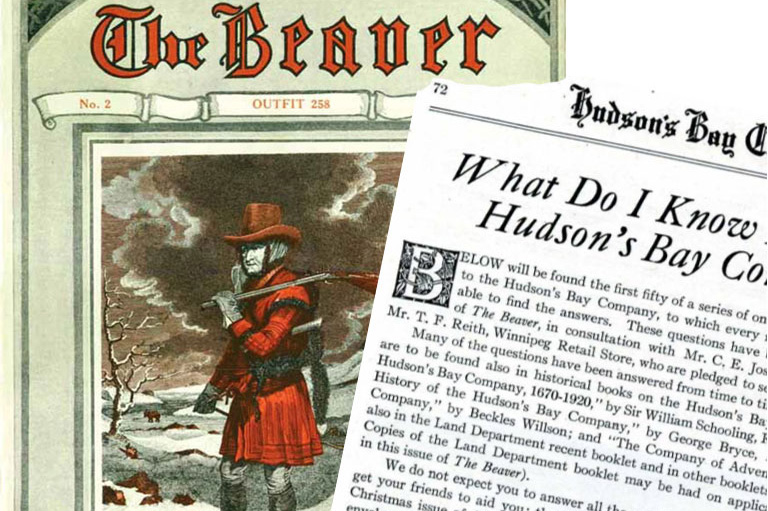Microfinance Pioneer
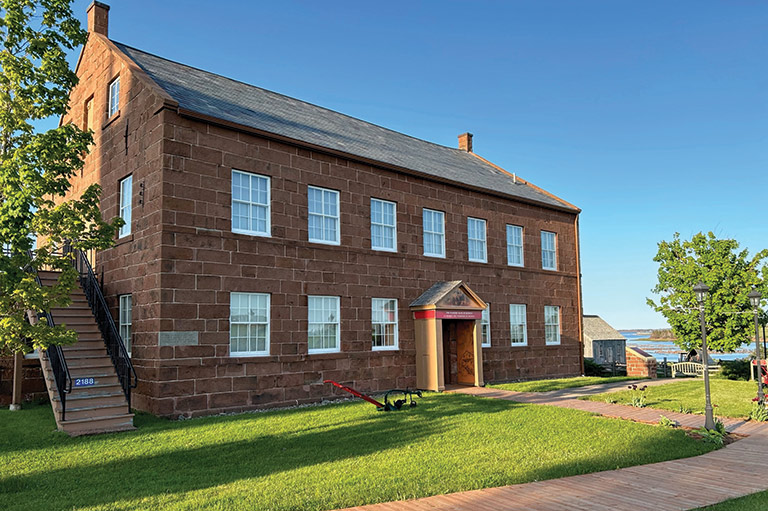
When Georges-Antoine Belcourt arrived in Rustico, P.E.I., in 1859, his reputation preceded him. The Catholic priest had just been removed from his post in the West, where he had made enemies of the governors of Manitoba’s Red River Colony and the Hudson’s Bay Company. Belcourt was just the man Rustico needed.
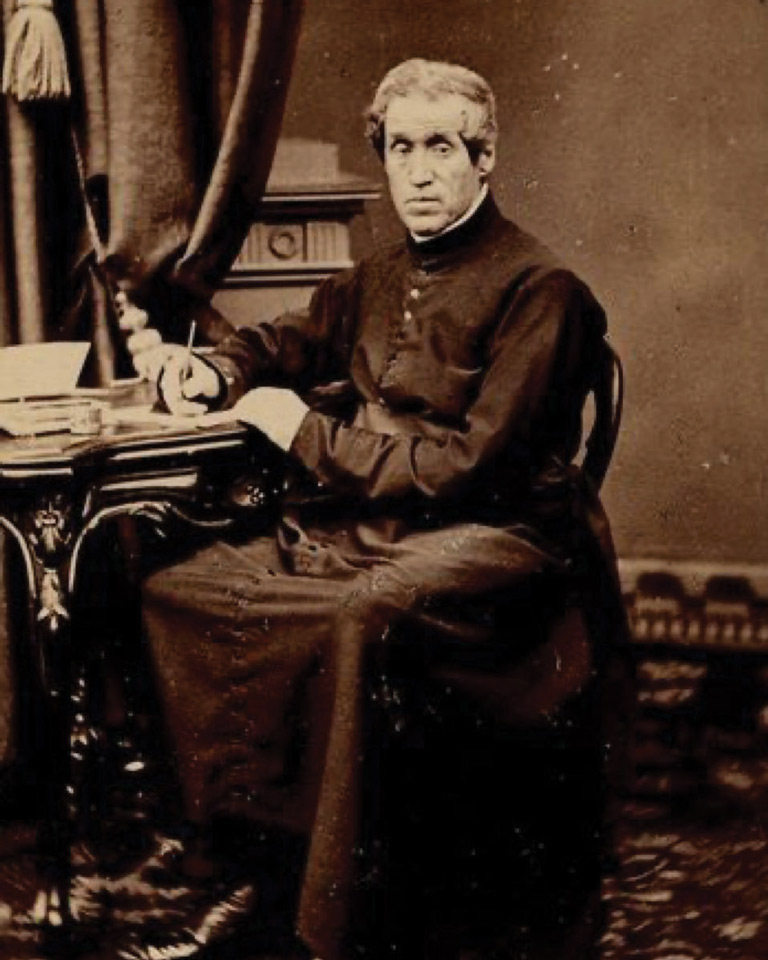
Belcourt developed his quarrelsome reputation while working as a missionary among the First Nations and Métis people of what is today Manitoba and North Dakota. To them, Belcourt was a man of great wisdom, speaking their languages and supporting the Métis right to freely trade furs. In 1847, Belcourt organized a petition against HBC’s monopoly on fur trading in the Red River Colony, triggering an extensive inquiry into HBC’s operations by the British Colonial Office in England. Outraged, the company’s governor, George Simpson, wrote the archbishop of Quebec to request that Belcourt be withdrawn from the colony.
In his 1955 biography of Belcourt, James M. Reardon, a historian and priest, described Belcourt as “a willing and tireless worker but a poor team mate because he wanted his own way, regardless of the wishes of even his superior.”
While Belcourt’s wilful attitude made him unpopular with governing authorities, it made him the perfect man to tackle the dire state of Rustico’s Acadians. The Catholic French-speaking farmers had returned to the province after being forcibly removed in 1758 by the British, who had regarded their presence as a threat. (The tragic event was part of the Great Upheaval that took place in Acadia from 1755 to 1764). Upon returning to their former home, the P.E.I. Acadians discovered that their land had been redistributed to a handful of owners who charged oppressive rates of rent. Belcourt resolved to help them.
article continues below...
With 7 uniquely curated newsletters to choose from, we have something for everyone.
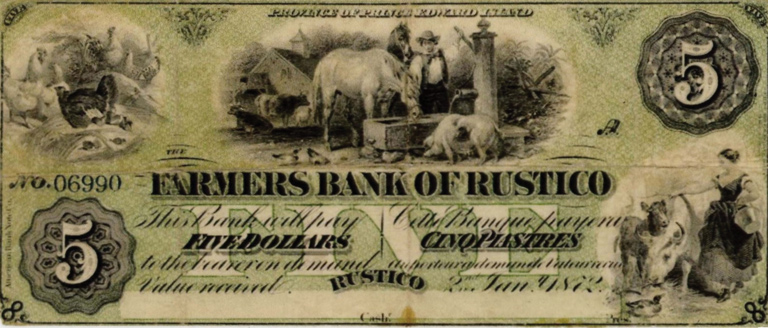
He created the community-run Farmers’ Bank of Rustico in 1862. The bank enabled Acadian farmers to secure low-interest loans to buy farmland. “You can imagine we are not yet operating on a large scale,” Belcourt wrote to a contemporary. “We are like children who only weigh one pound at birth…. If the outcome is as expected, the farmers will be rich this fall and we hope to have our bank incorporated at the next [legislative] session.”
Incorporated in 1864, the Farmers’ Bank “was by far the smallest bank, measured by share capital, ever to operate in Canada,” wrote credit-union pioneer John T. Croteau.
Advertisement
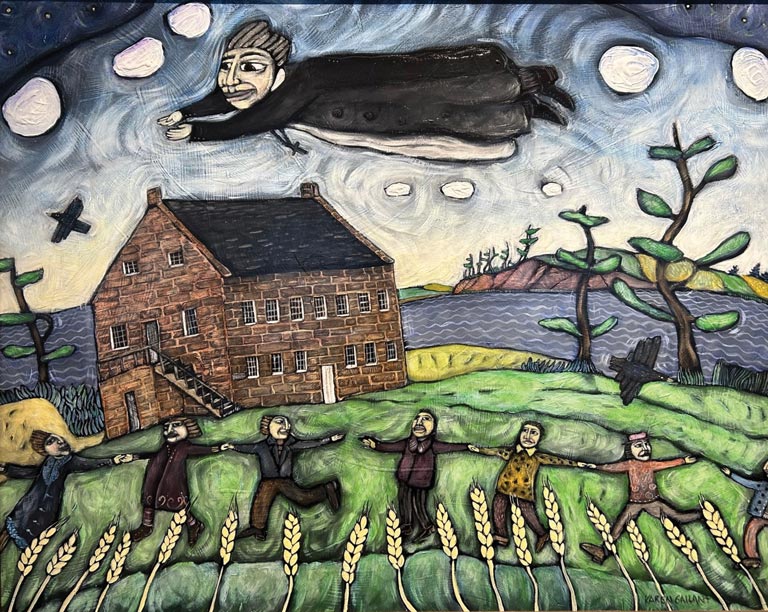
Rustico’s residents successfully ran the bank for twenty-five years following Belcourt’s departure in 1869. In time, the bank attracted Acadians and anglophones from all over the island. Its currency found its way into wide circulation through sailors visiting local taverns, and the bank regularly paid dividends of eight to ten per cent each year to its shareholders.
The closing of the Farmers’ Bank in 1894 was not due to any fault in its business but because of the Bank Act of 1871, which set the minimum capital requirement of a chartered bank at $500,000 — far higher than the $8,200 it possessed at its peak.
The Farmers’ Bank of Rustico is remembered as one of the greatest achievements of Belcourt’s career. Observing the immediate effects of the bank, Belcourt wrote that it “has raised the French Acadians in the esteem and appreciation of the whole population of the Island.”
The impact of Belcourt’s bank continues to be felt today. It influenced Alphonse Desjardins of Quebec, who established North America’s first successful credit union in 1900. The bank also served as a precursor to the modern network of Acadian credit unions in New Brunswick.
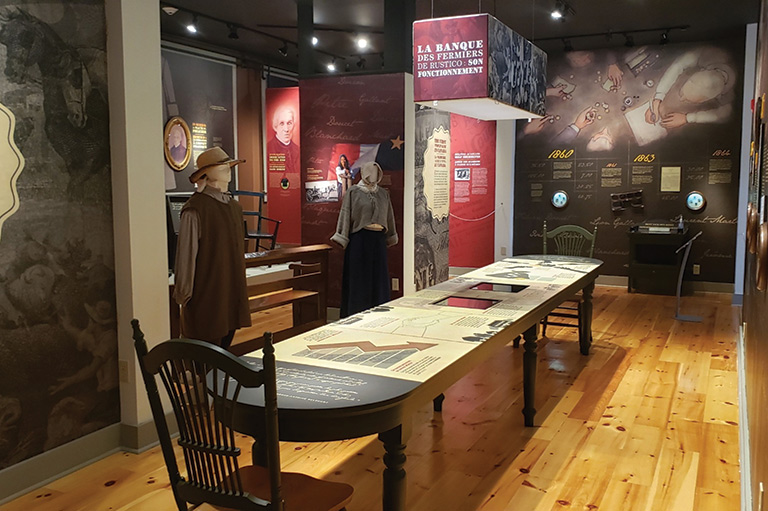
We hope you’ll help us continue to share fascinating stories about Canada’s past by making a donation to Canada’s History Society today.
We highlight our nation’s diverse past by telling stories that illuminate the people, places, and events that unite us as Canadians, and by making those stories accessible to everyone through our free online content.
We are a registered charity that depends on contributions from readers like you to share inspiring and informative stories with students and citizens of all ages — award-winning stories written by Canada’s top historians, authors, journalists, and history enthusiasts.
Any amount helps, or better yet, start a monthly donation today. Your support makes all the difference. Thank you!
Themes associated with this article
Advertisement
Save as much as 40% off the cover price! 4 issues per year as low as $29.95. Available in print and digital. Tariff-exempt!

